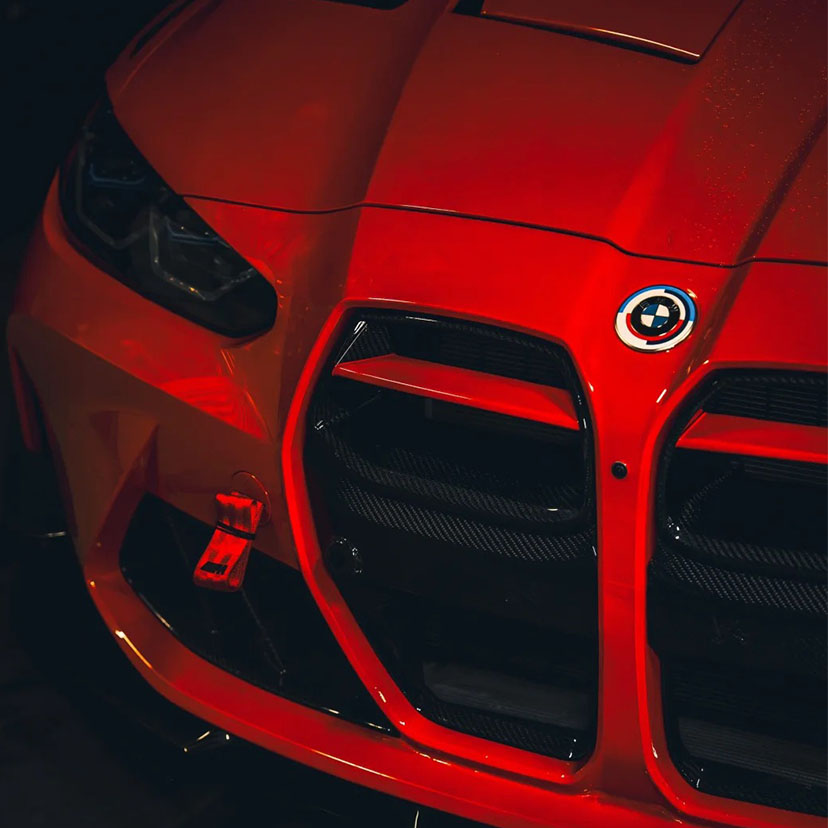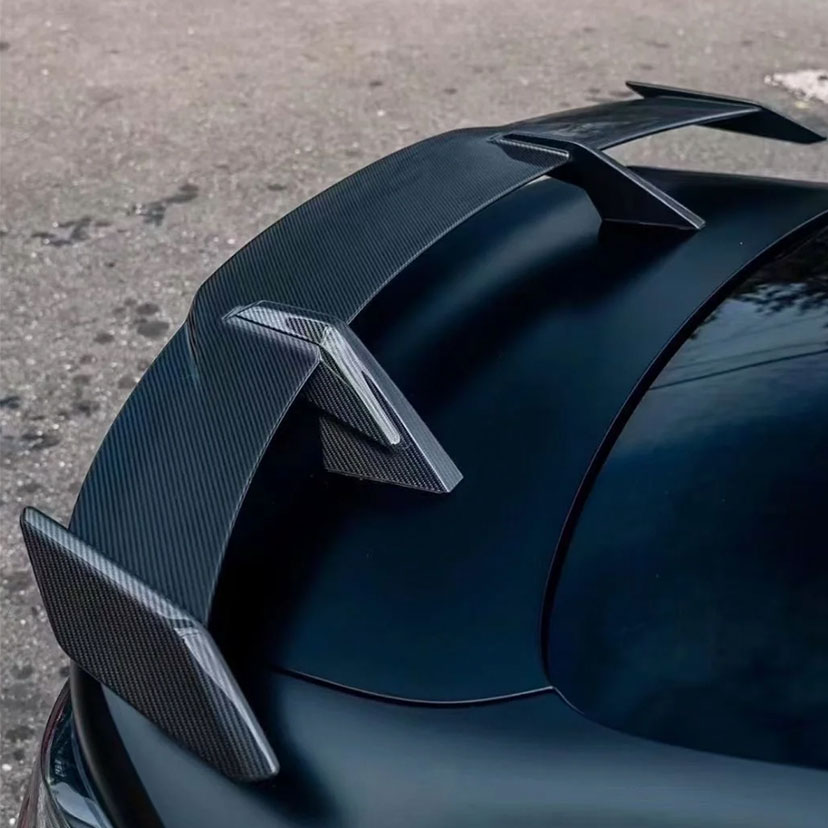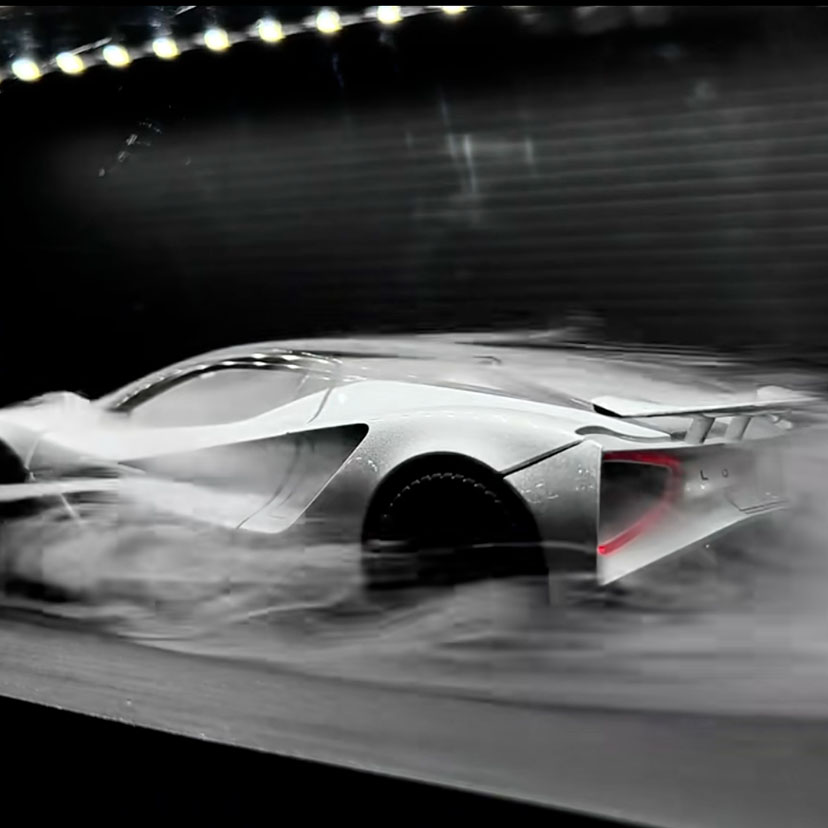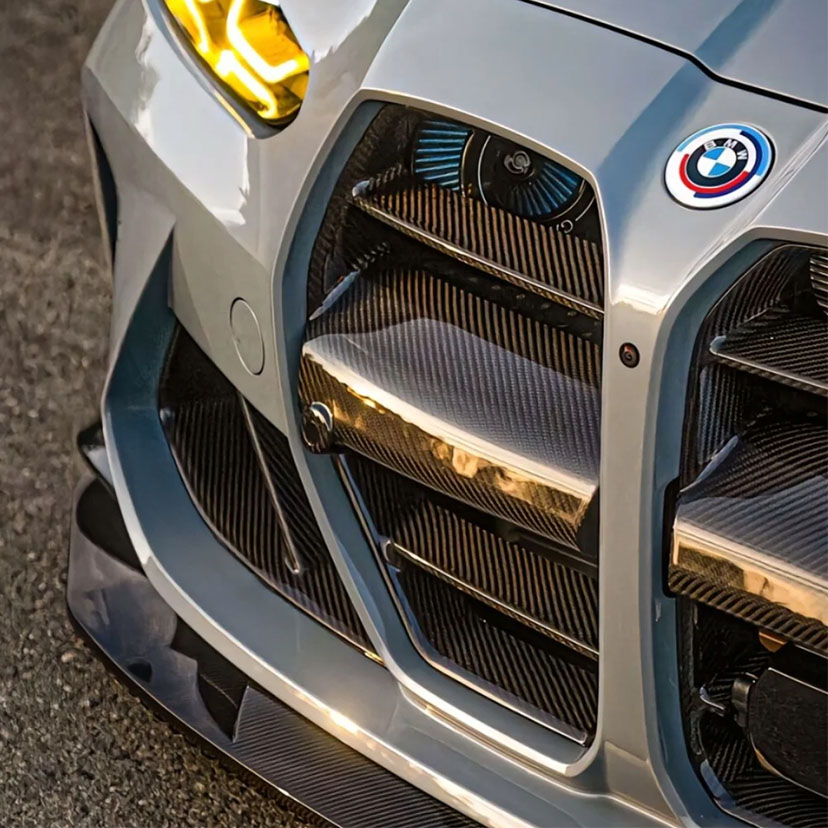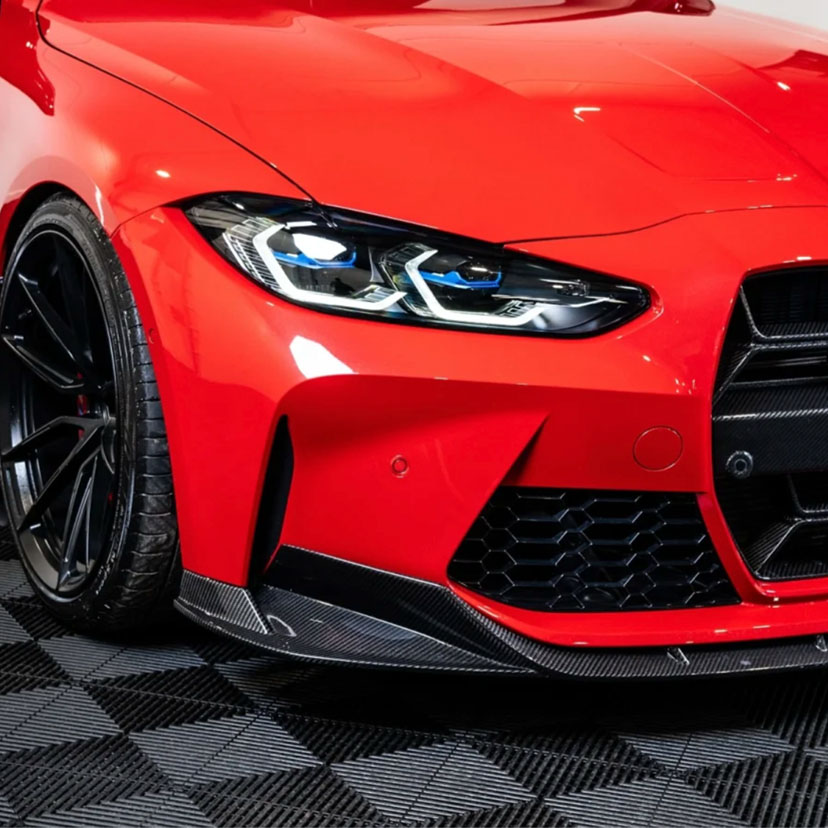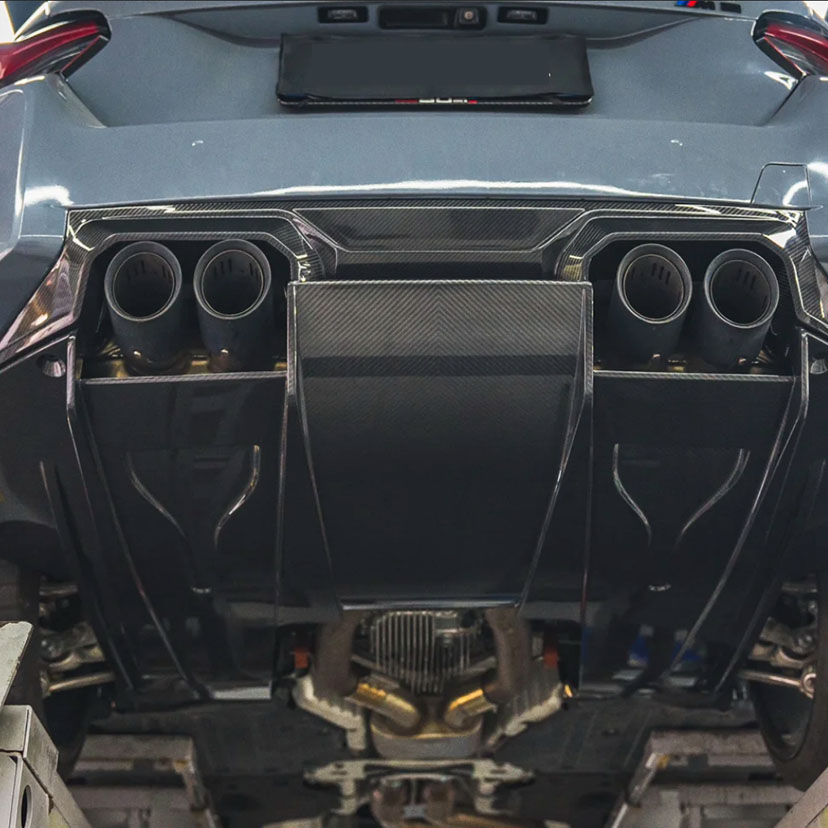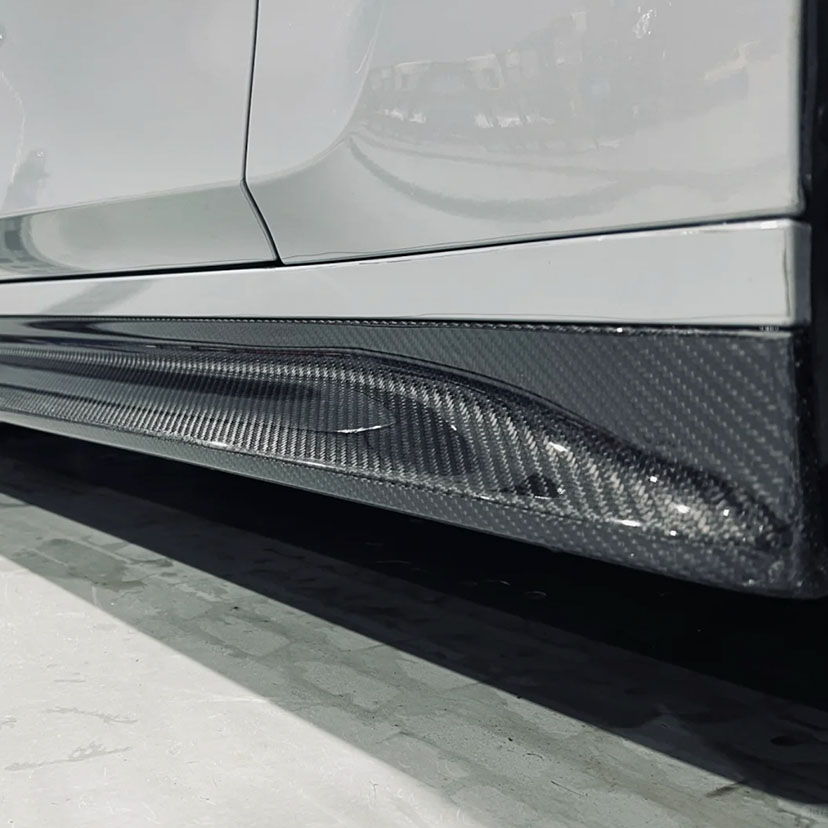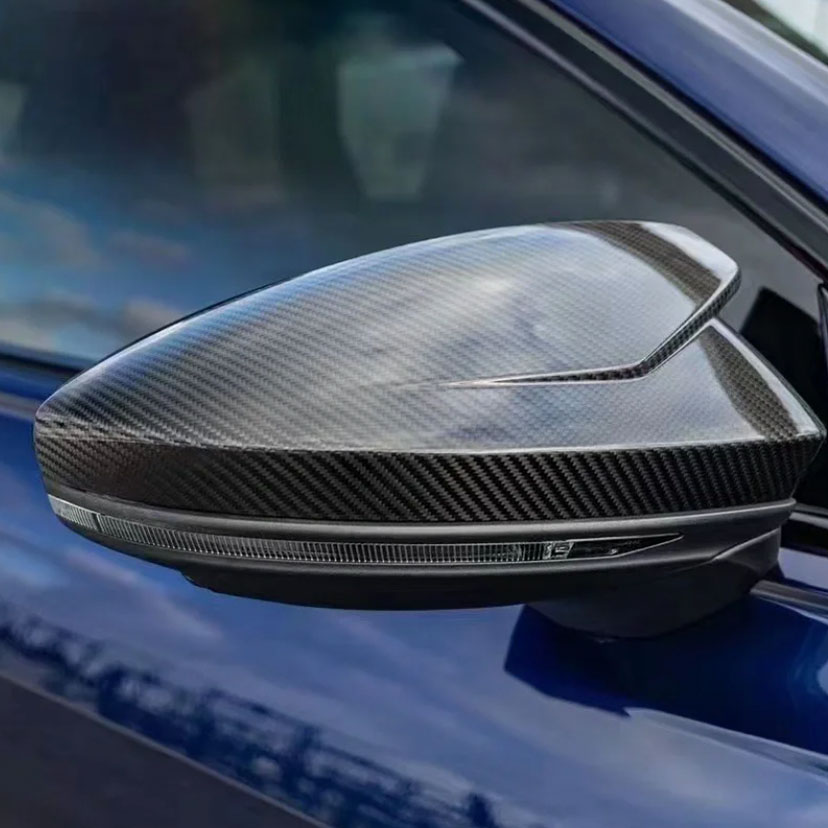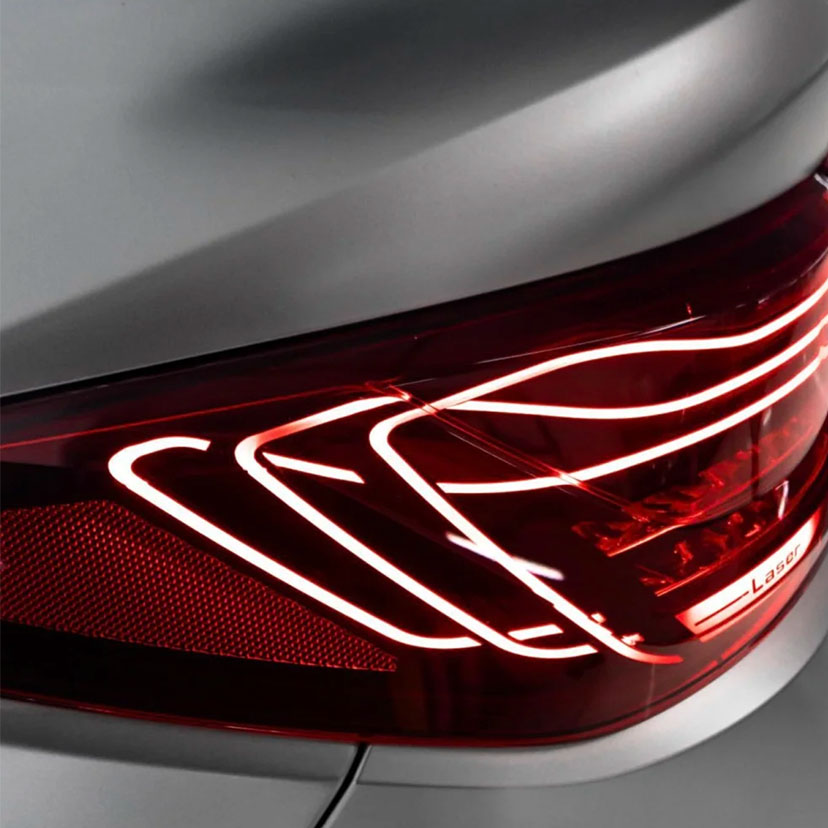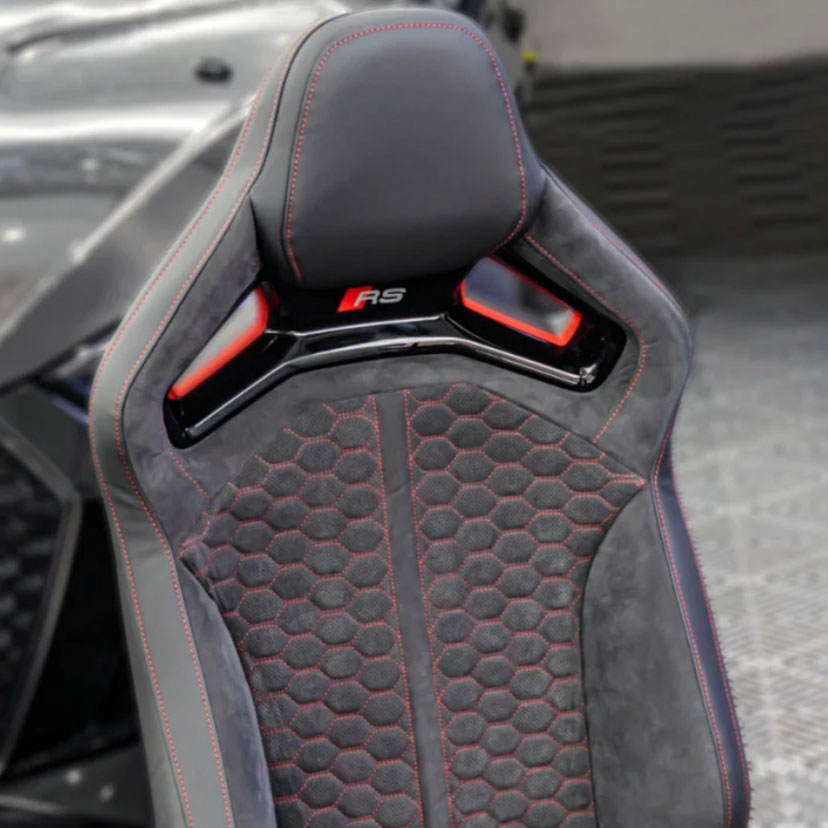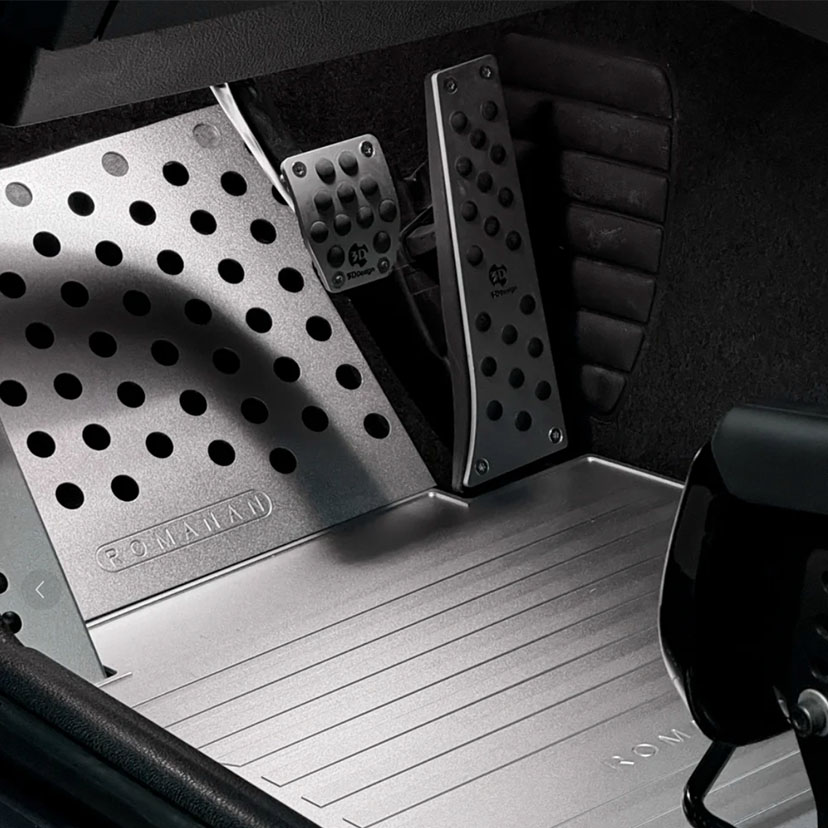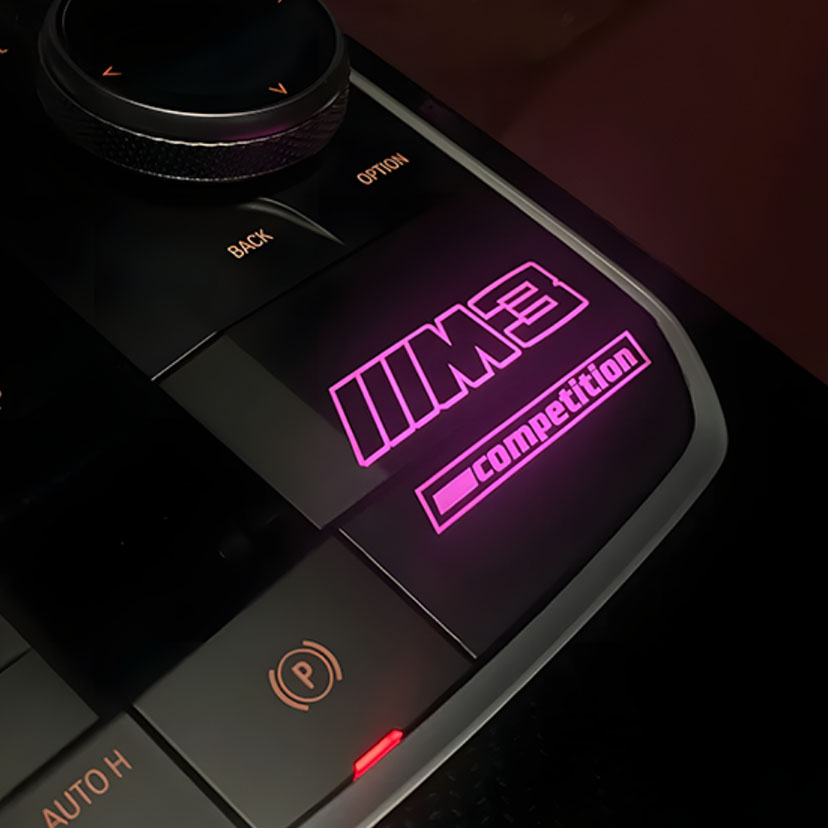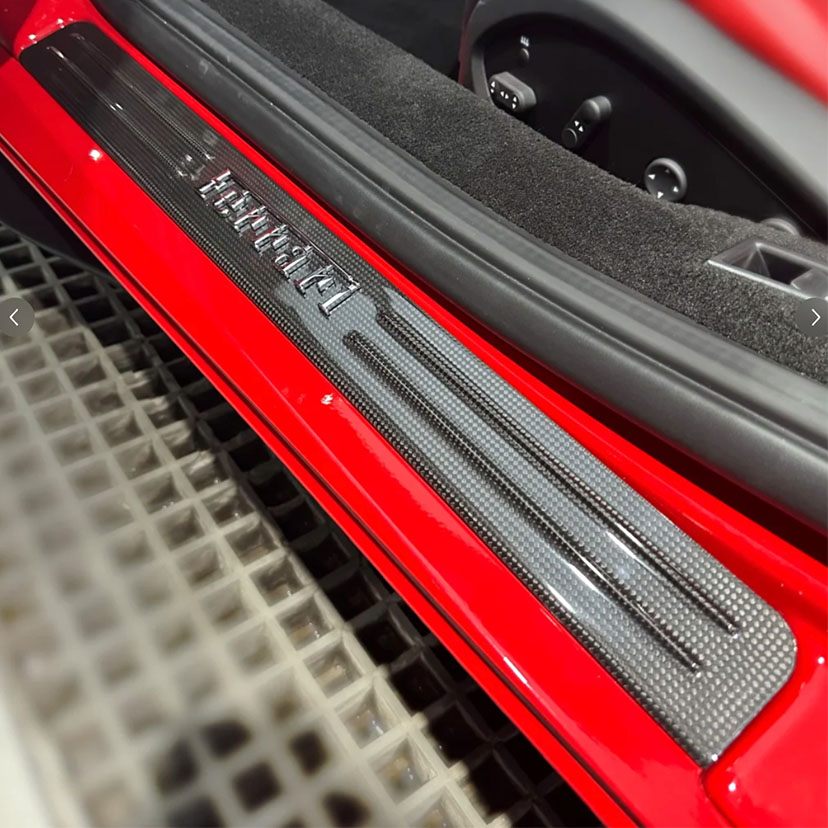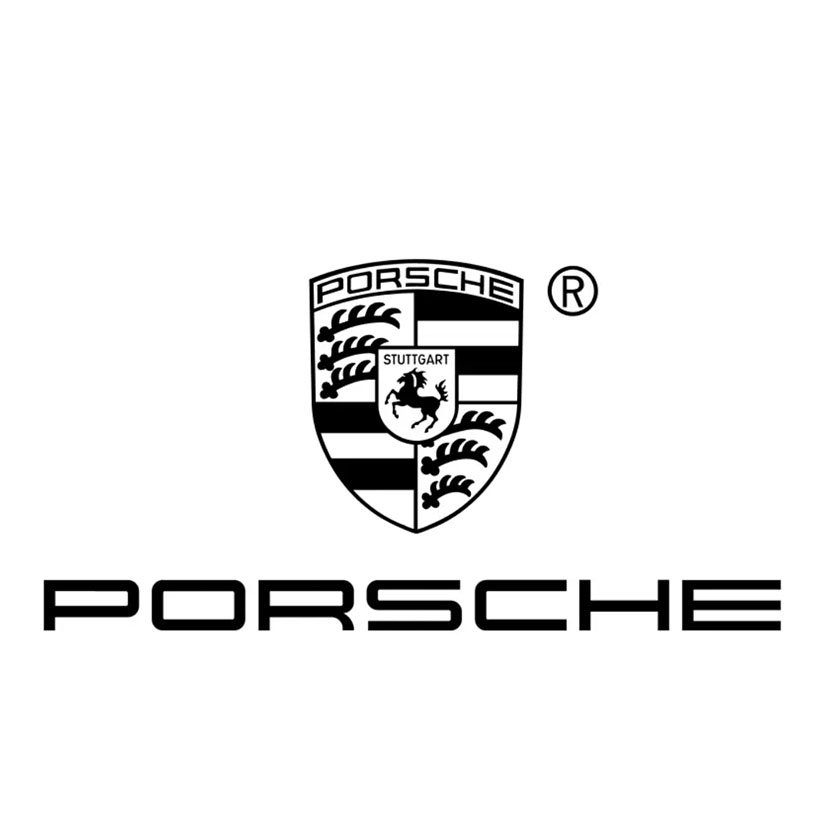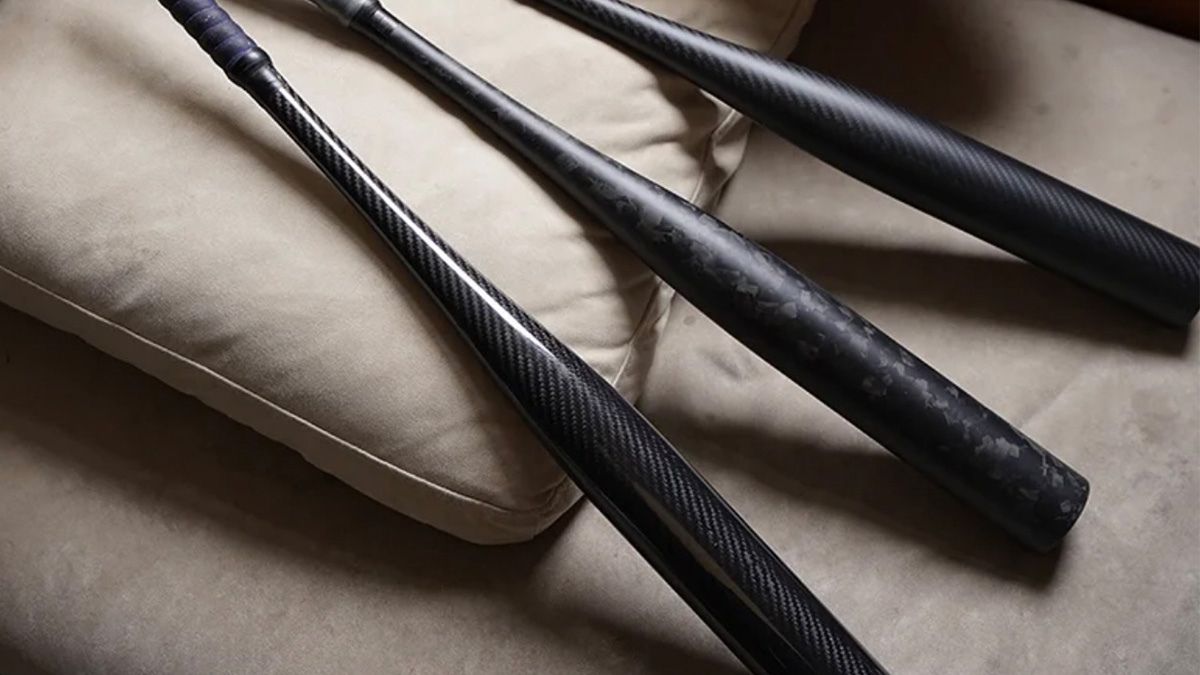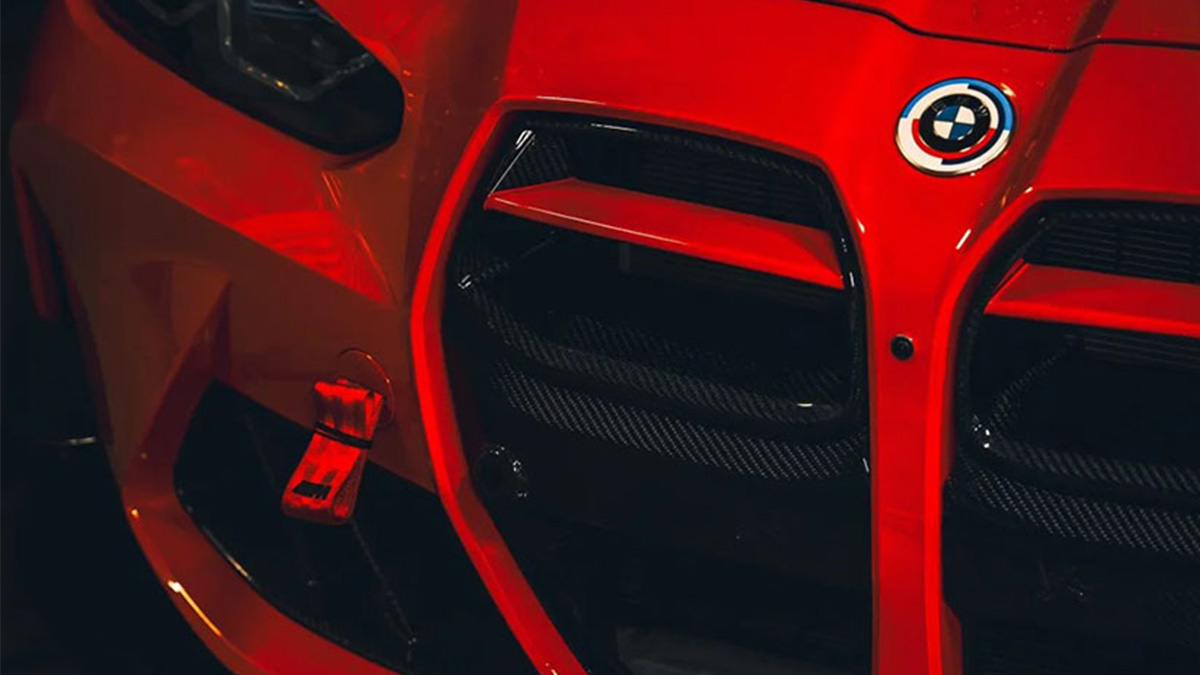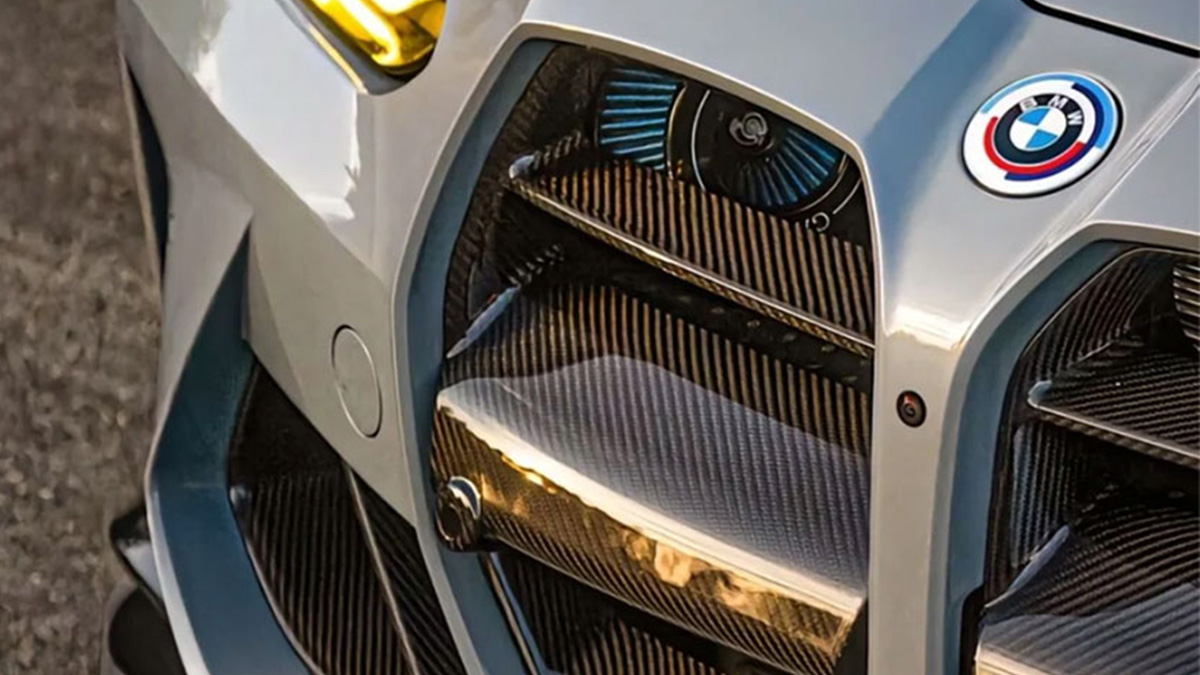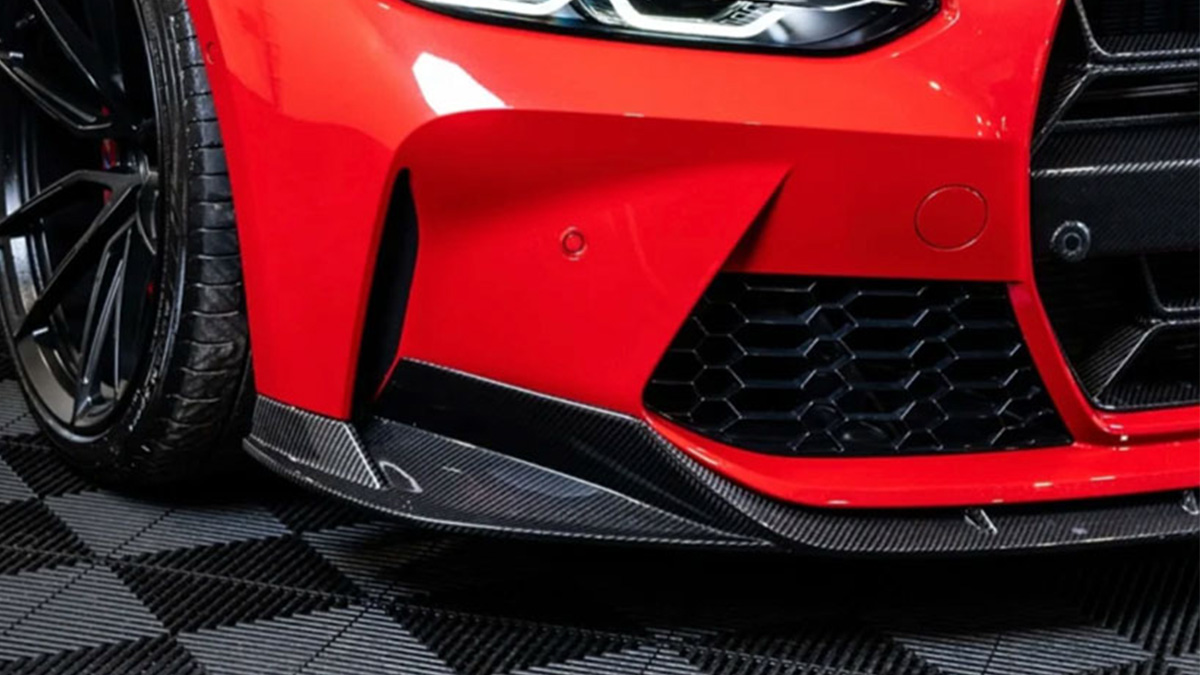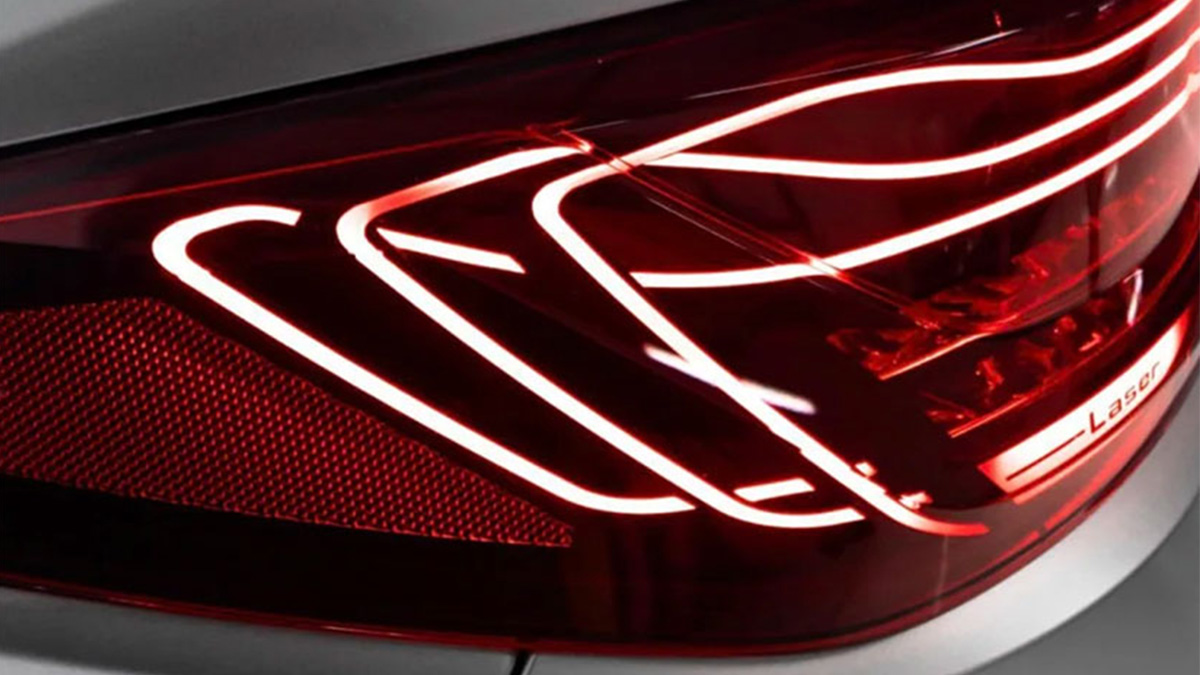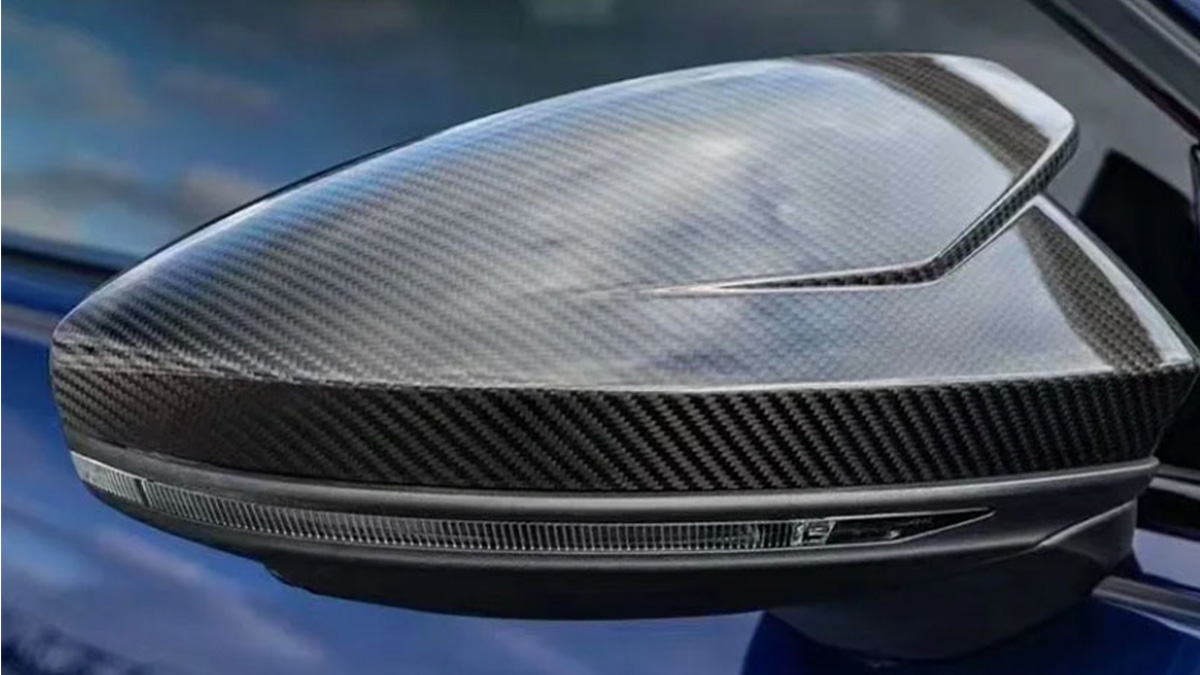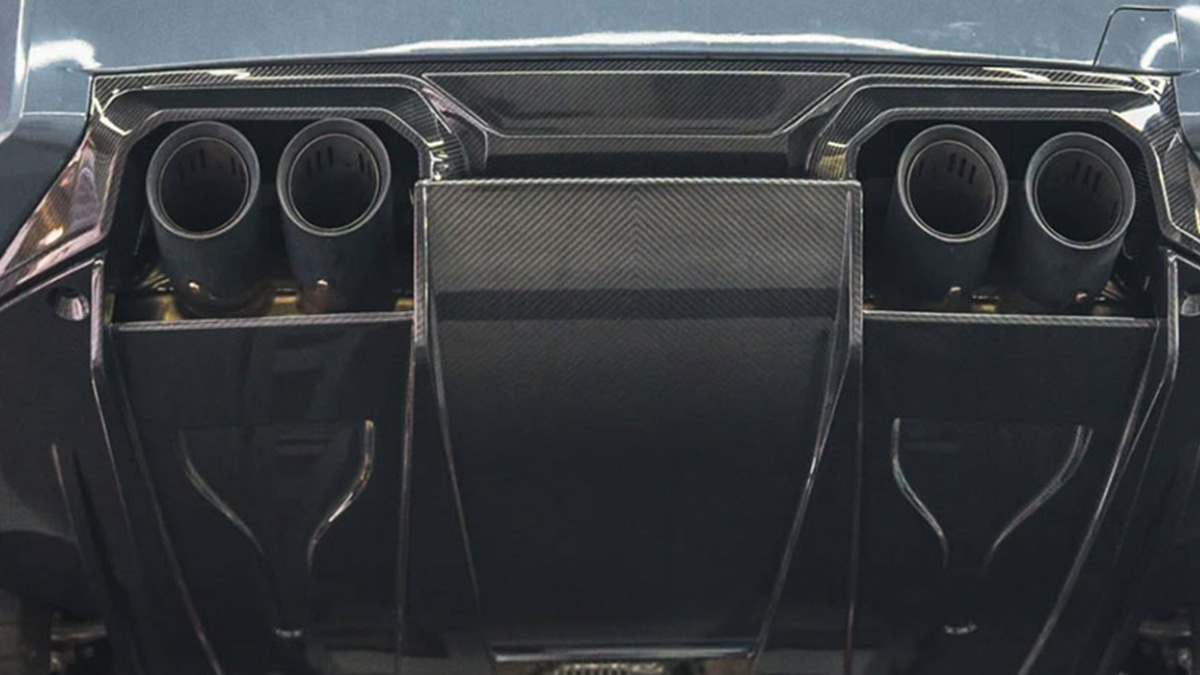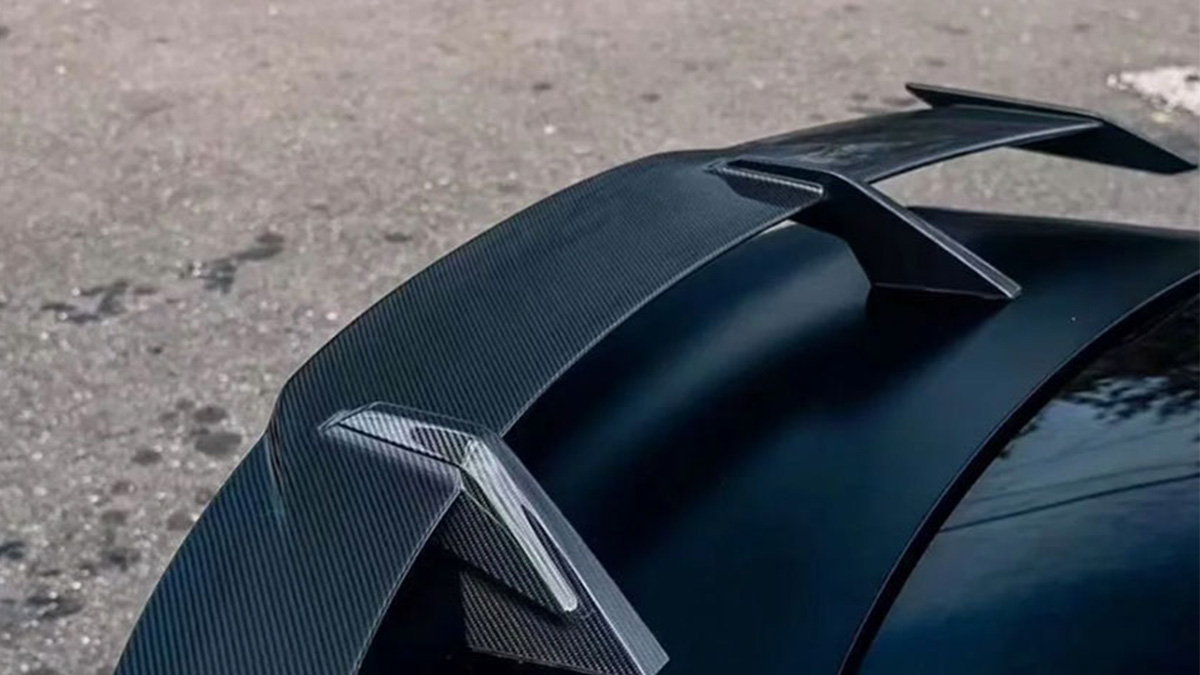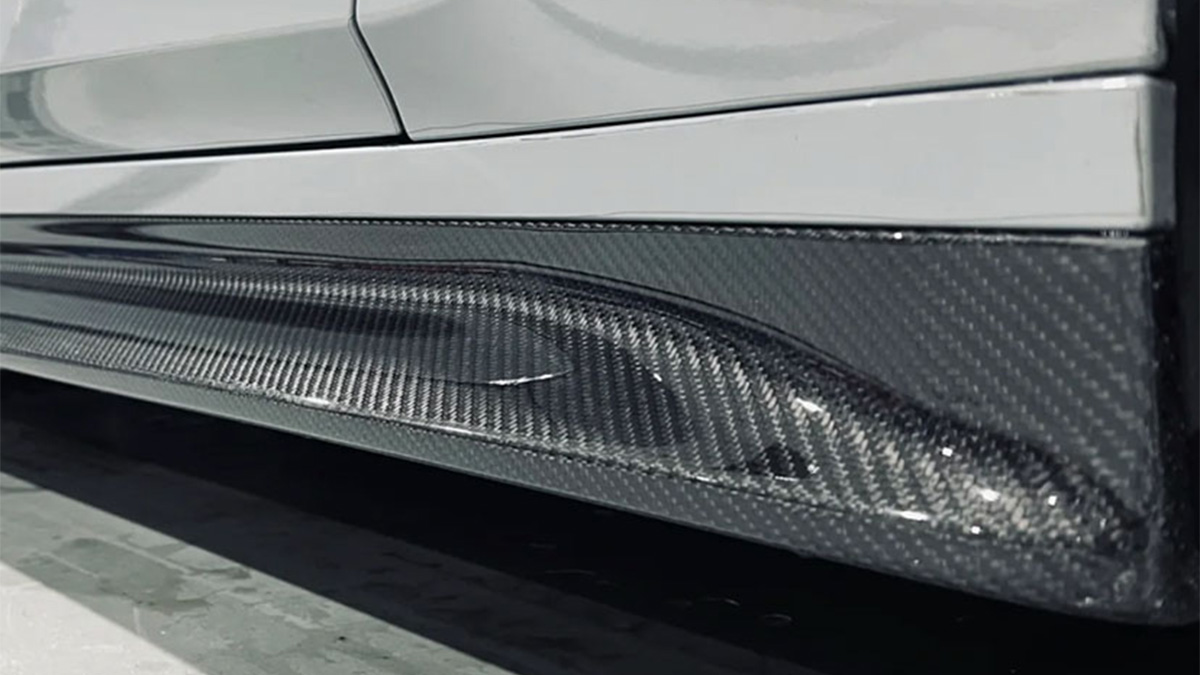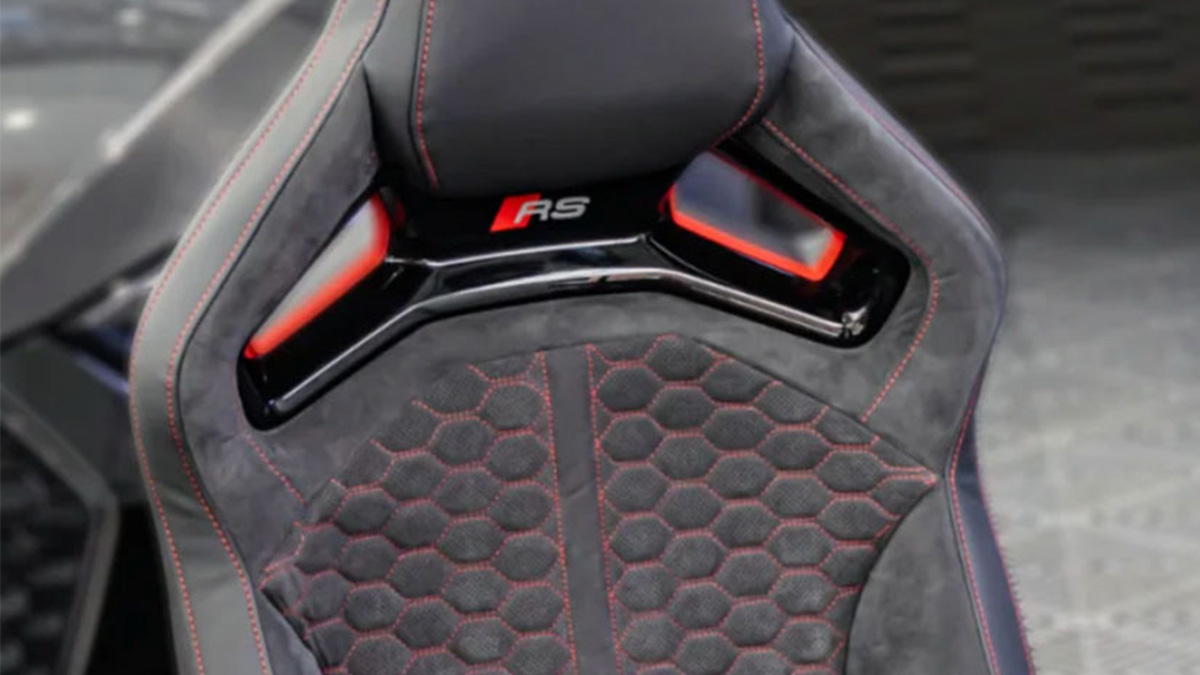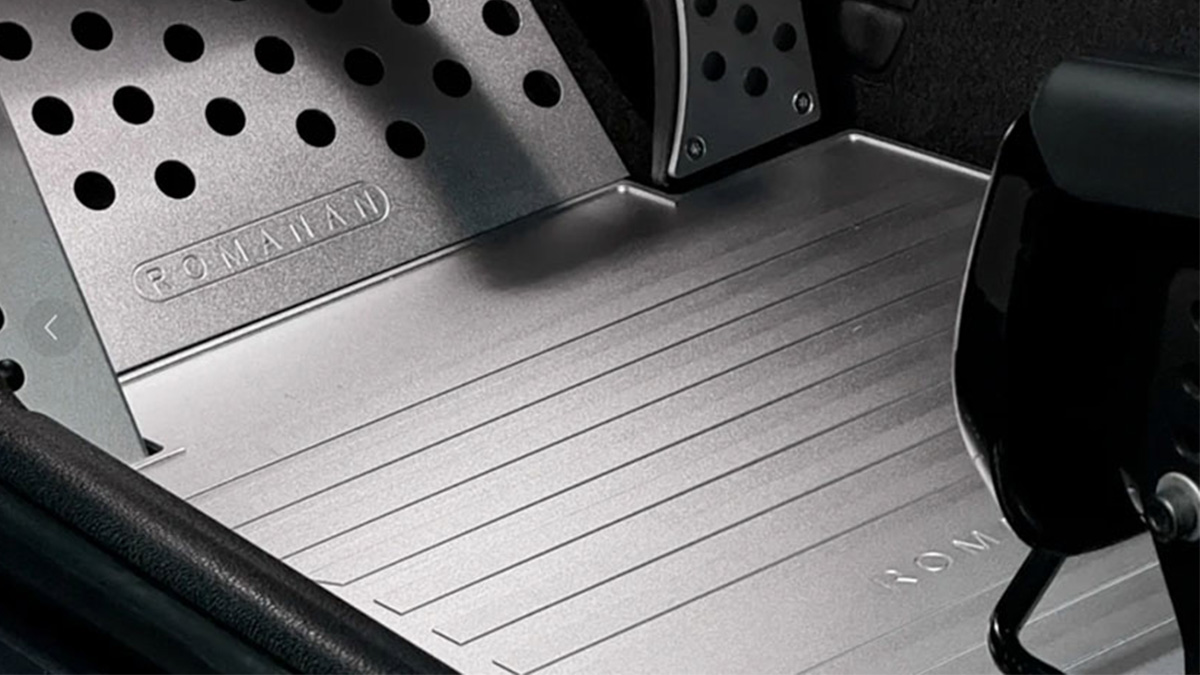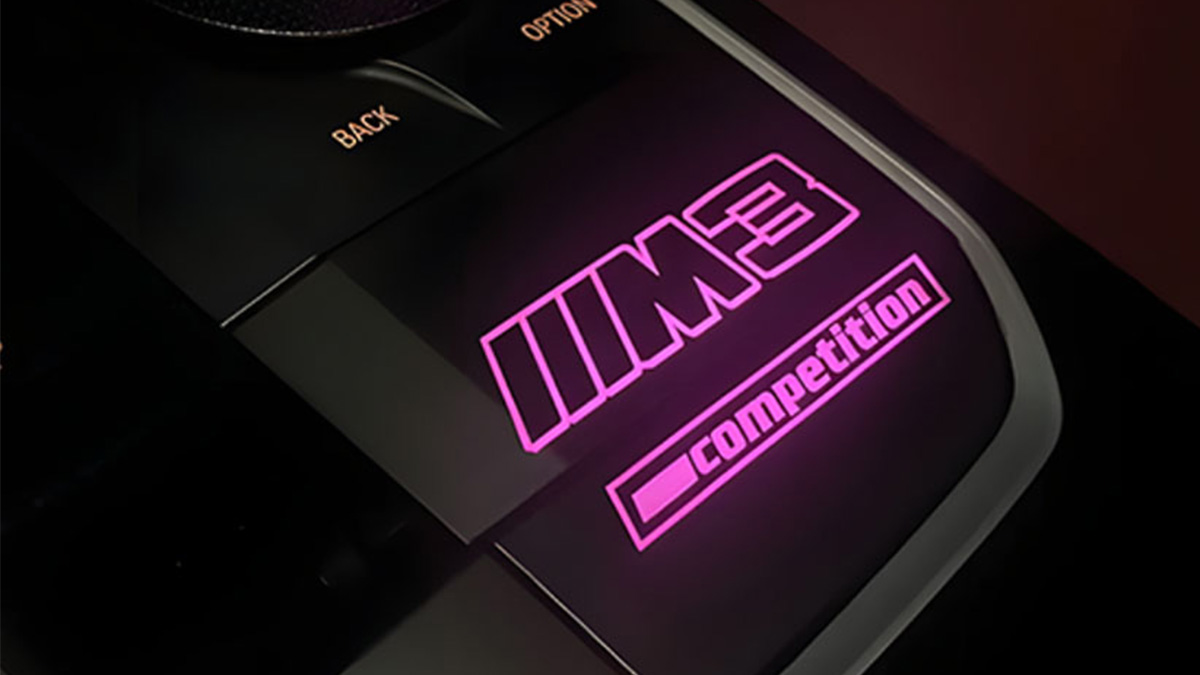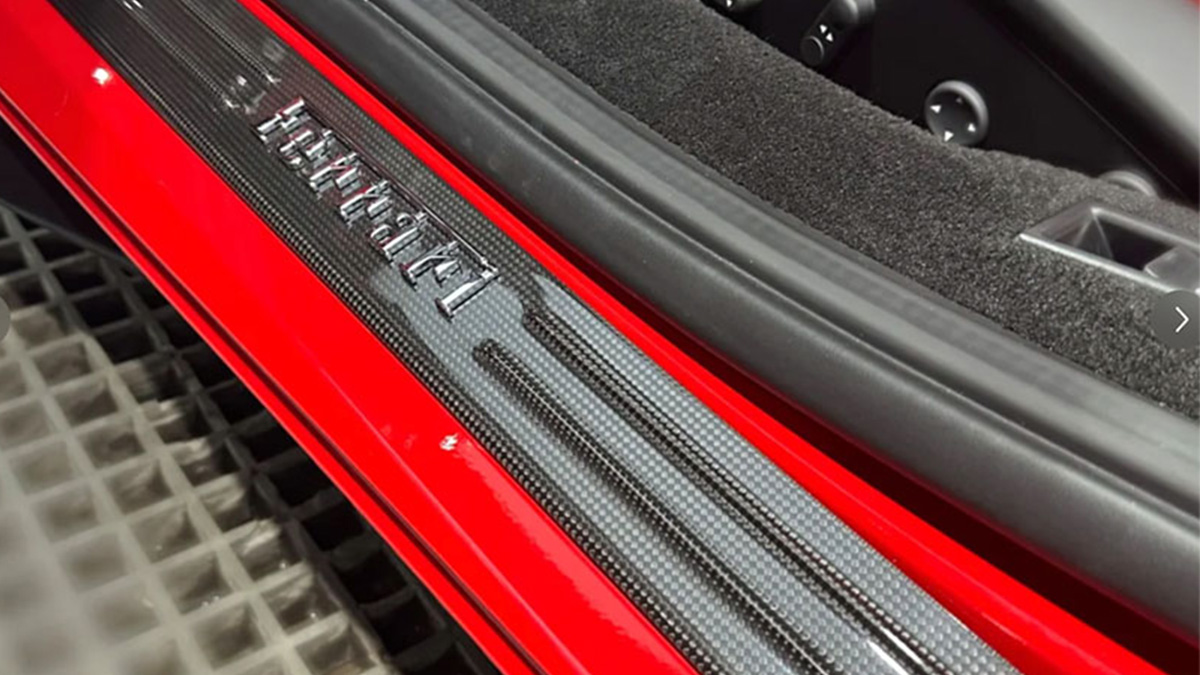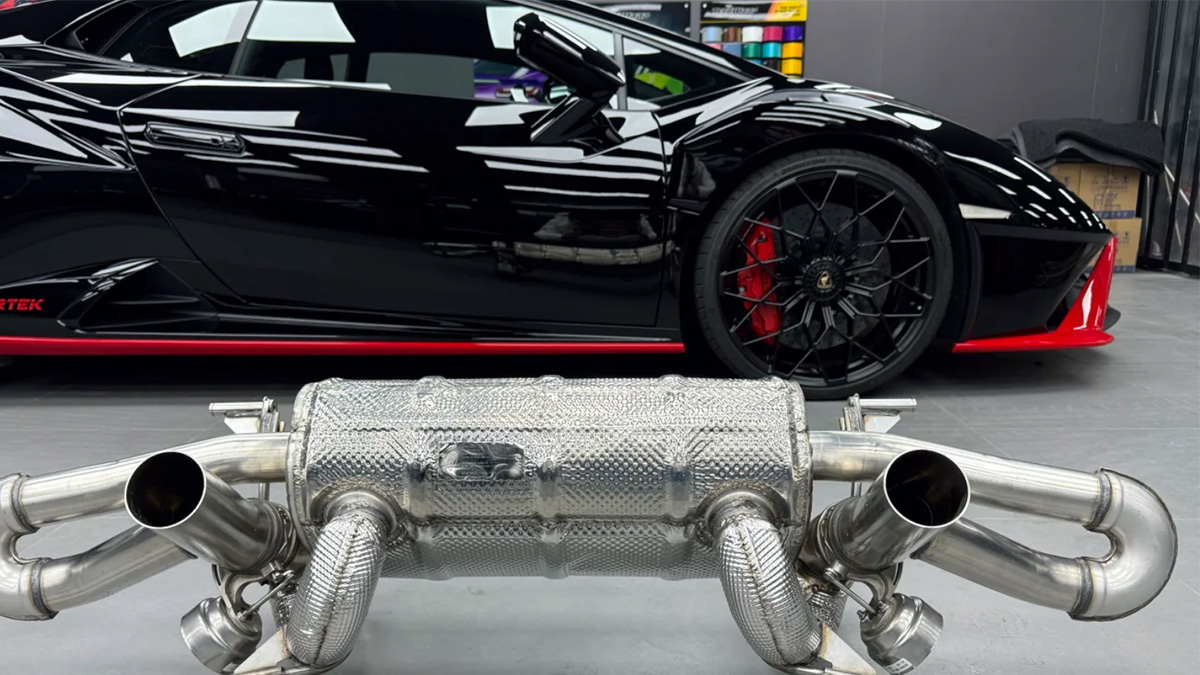Comment la BMW M2 s'est transformée au fil du temps
The BMW M2 has become a symbol of compact performance excellence since its debut in 2016. It redefined what an entry-level M car could achieve, blending affordability with thrilling performance. Inspired by legendary models like the E30 M3 and 2002 Turbo, the M2 captured the hearts of enthusiasts. Key milestones, such as the original M2 with its 365-horsepower N55 engine and the M2 Competition with its bespoke S55 engine, highlight its evolution. Each iteration pushed boundaries, making the M2 a standout in BMW’s lineup and a favorite among sports car fans.
Principaux enseignements
The BMW M2 came out in 2016 with a 365-horsepower engine. It gave exciting performance and was an affordable M car option.
In 2018, the M2 Competition was released with 410 horsepower. It handled better and became popular with track fans.
The M2 CS, a special edition, had 444 horsepower. It showed off smart engineering and a lighter build.
The second-generation M2 arrived in 2022 with a bold look. It is the last M car with only a gas engine, making it important.
The M2’s changes show BMW’s focus on power and new ideas. It attracts sports car lovers with its mix of speed, style, and value.
The First Generation M2 (2016-2018)
The Debut of the First Generation M2
The first generation M2 made its debut in 2016, instantly capturing attention as a compact sports car that delivered thrilling performance. You could feel the excitement as BMW introduced a model that combined power, agility, and affordability. At its heart was a 3.0-liter N55 turbocharged inline-six engine, producing 365 horsepower and 343 lb-ft of torque. This allowed the M2 to accelerate from 0 to 60 mph in just 4.1 seconds. Whether you chose the 6-speed manual or the 7-speed M-DCT dual-clutch transmission, the M2 offered an engaging driving experience.
Here’s a quick look at its key specifications:
Fonctionnalité | Spécifications |
|---|---|
Moteur | 3.0 L N55B30T0 turbo I6 |
Transmission | 6-speed manual / 7-speed M-DCT |
Puissance | 365 hp |
Couple | 343 lb-ft |
0-60 mph | 4,1 secondes |
Empattement | 2,693 mm |
Longueur | 4,468 mm |
Largeur | 1,854 mm |
Hauteur | 1,410 mm |
Poids à vide | 1,495 kg |
Production years | 2016–2021 |
Design and Performance of the First Generation M2
The first generation M2 stood out with its muscular design and aggressive styling. Its wide stance and functional air intakes gave it a racetrack-ready appearance. You would have noticed the M-specific suspension tuning, which ensured sharp handling and precise steering. Inside, the driver-focused cockpit featured leather-wrapped sports seats and BMW’s iDrive infotainment system, making every drive enjoyable.
Compared to other BMW models, the M2 offered a unique balance of power and agility. While the M3 and M4 delivered more horsepower, the M2’s smaller size and use of M4 suspension components made it more nimble. It was a car that reminded enthusiasts of earlier M models, like the E46 M3, with its raw and engaging driving dynamics.
The First Generation M2’s Role in the BMW Lineup
The first generation M2 played a crucial role in BMW’s lineup. It redefined the compact sports car segment by offering a more accessible entry point into the M division. You could think of it as a spiritual successor to the 1M Coupe, delivering a pure driving experience that enthusiasts craved.
Critics and fans alike praised the M2 for its performance and value. Jeremy Clarkson even called it “the best M car BMW had ever made.” Its competitive pricing and exhilarating drive made it a favorite among sports car enthusiasts. By combining timeless design with modern performance, the M2 solidified its place as a standout in BMW’s M lineup.
The M2 Competition and Its Upgrades (2018-2019)
Performance Enhancements in the M2 Competition
When BMW introduced the M2 Competition in 2018, it brought significant performance upgrades that elevated the driving experience. At its core, the M2 Competition replaced the N55 engine with the S55 engine, borrowed from the M3 and M4. This twin-turbocharged 3.0-liter inline-six engine delivered 410 horsepower and 406 lb-ft of torque, a noticeable increase over the original M2. You could feel the difference as the car accelerated from 0 to 60 mph in just 4.2 seconds with the dual-clutch transmission or 4.4 seconds with the manual.
BMW also enhanced the M2 Competition’s handling and braking capabilities. The M Performance suspension retrofit kit allowed you to lower the car by up to 20 mm, improving cornering stability. Larger M Compound Brake Discs provided better thermal resilience and braking response, while lightweight forged wheels reduced unsprung mass, enhancing steering precision. Carbon fiber components, including a new hood, reduced weight and improved agility. These upgrades made the M2 Competition a more capable track machine.
The combination of chassis improvements and fresh tires allowed for crisp and quick corners and consistently fast lap times. These modifications let you brake later into corners and exit faster than the standard M2.
Design Changes in the M2 Competition
The M2 Competition’s design updates reflected its enhanced performance. Larger front bumper side vents improved airflow to the cooling system, ensuring the engine stayed at optimal temperatures during spirited driving. The kidney grille was enlarged and painted black, giving the car a more aggressive look. Chrome black exhaust tailpipes added a sporty touch, while the exclusive Hockenheim Silver exterior color paid homage to BMW’s racing heritage. These changes made the M2 Competition stand out visually while serving functional purposes.
Market Reception of the M2 Competition
The M2 Competition received widespread acclaim for its upgrades. Enthusiasts appreciated the increased power, sharper handling, and improved braking performance. The bespoke S55 engine and enhanced suspension made it a favorite among track-day drivers. Its 0 to 62 mph time of 4.4 seconds (manual) and 4.2 seconds (automatic) impressed buyers seeking a high-performance compact sports car.
This positive reception translated into strong sales. Many considered the M2 Competition a benchmark in its class, offering a perfect blend of performance, design, and value. Its success further solidified the M2’s reputation as a compact performance icon.
The M2 CS: A Track-Focused Evolution (2019)
Lightweight Design and Performance of the M2 CS
The M2 CS took the performance of the M2 lineup to new heights with its track-focused enhancements. You’ll notice its lightweight design, which incorporates carbon fiber components like the hood, roof, and mirror caps. These materials reduce weight and lower the car’s center of gravity, improving agility. The M Adaptive suspension allows you to switch between Comfort, Sport, and Sport+ modes, making the car versatile for both daily driving and track use.
Under the hood, the M2 CS shares the same engine as the M4 Competition, delivering an impressive 444 horsepower and 406 lb-ft of torque. This power enables the car to sprint from 0 to 62 mph in just 4.2 seconds with the manual transmission or 4.0 seconds with the automatic. Michelin Sport Cup 2 tires, combined with a stiff suspension, provide exceptional grip and nimbleness on the track. Optional M carbon-ceramic brakes enhance stopping power and reduce weight, ensuring consistent performance during intense driving sessions.
Limited Edition Status of the M2 CS
The exclusivity of the M2 CS adds to its allure. BMW produced only 2,200 units globally, with 500 allocated to the U.S. market. This limited production makes it a rare gem among performance cars. As the final iteration of the F87 generation, the M2 CS represents the pinnacle of the series. It combines the best features of its predecessors with advanced engineering to create a truly special model.
The M2 CS also earned critical acclaim, winning the EVO Car of the Year award in 2020. Competing against supercars, it showcased its ability to deliver a thrilling driving experience at a more accessible price point. Its exclusivity and accolades cement its status as a collector’s item.
Legacy of the M2 CS in the BMW M2 Lineup
The M2 CS left a lasting impact on the M2 lineup. It elevated the series by offering a track-ready car that didn’t compromise on everyday usability. With 444 horsepower, it became the most powerful M2 model, surpassing the original and the Competition versions. Its performance figures, including a 0-62 mph time of 4.0 seconds with the automatic transmission, placed it among the best in its class.
You’ll find that the M2 CS set a benchmark for compact performance cars. Its development at the Nürburgring ensured exceptional handling and agility, making it a favorite among enthusiasts. By blending lightweight materials, advanced suspension, and powerful brakes, it delivered a driving experience that few rivals could match. The M2 CS solidified the M2’s reputation as a performance icon and paved the way for future innovations in the series.
The Second Generation BMW M2 (2022-Present)
Styling and Design of the Second Generation M2
The second-generation M2, introduced in 2022, brings a bold and modern design that reflects its high-performance DNA. You’ll notice its wide, frameless BMW twin kidney grille, which gives the front a striking appearance. The three-section lower air intakes optimize cooling, ensuring the engine performs at its peak. Muscular wheel arches emphasize its aggressive stance, while the optional carbon-fiber roof not only enhances its sporty look but also improves handling by lowering the center of gravity.
At the rear, the M2 features a pronounced diffuser insert and signature M quad tailpipes. These elements not only add to its racing-inspired aesthetic but also improve aerodynamics. The overall design of the second-generation M2 balances form and function, making it a standout among compact sports cars.
Performance and Technology in the Second Generation M2
The second-generation M2 takes performance to the next level with its refined 3.0-liter inline-six engine. This powerhouse delivers 453 horsepower and 406 pound-feet of torque, allowing you to accelerate from 0 to 60 mph in just 4.2 seconds. Advanced chassis engineering and adaptive M suspension ensure precise handling, whether you’re on the road or the track.
Inside, the M2 introduces cutting-edge technology to enhance your driving experience. The new BMW Curved Display with iDrive 8 provides M-specific content and graphics, keeping you informed and engaged. Standard M Drive Professional includes a Drift Analyzer and 10-position M Traction Control, giving you tools to fine-tune your performance. These features make the second-generation M2 not just a car, but a driver’s companion.
The Second Generation M2 as the Last Pure Combustion Model
The second-generation M2 holds a special place in BMW’s history as the last M vehicle powered solely by a pure internal combustion engine. BMW M chief Frank van Meel confirmed this milestone, marking the end of an era for the M division. This model represents the pinnacle of combustion engine technology before the shift toward electrification.
As global regulations tighten and the automotive industry moves toward sustainability, the second-generation M2 stands as a bridge between tradition and innovation. Its designation as the final pure combustion M car has sparked interest among enthusiasts and collectors. This unique status, combined with its impressive specs and features, ensures its legacy as a significant chapter in the story of how the M2 changed over the years.
The BMW M2’s journey reflects its rise from an entry-level M car to a true performance icon. Models like the M2 Competition and M2 CS have played a pivotal role in shaping its legacy.
The M2 CS earned the prestigious EVO Car of the Year award in 2020, surpassing even high-end supercars.
The M2 Competition impressed with its refined engine and enhanced power.
The M2 CS, as the ultimate version, became a favorite among enthusiasts.
The second-generation M2 marks a historic moment as the last M car with a pure combustion engine. This milestone symbolizes a shift toward electrification in the automotive world.
The M2 has left a lasting impact on the sports car market. It offers a blend of performance, design, and affordability that appeals to enthusiasts. Its evolution has helped BMW maintain a strong presence in the performance car scene. As a spiritual successor to the 1M Coupe, the M2 embodies the essence of BMW’s M division and remains a cultural icon in its lineup.

